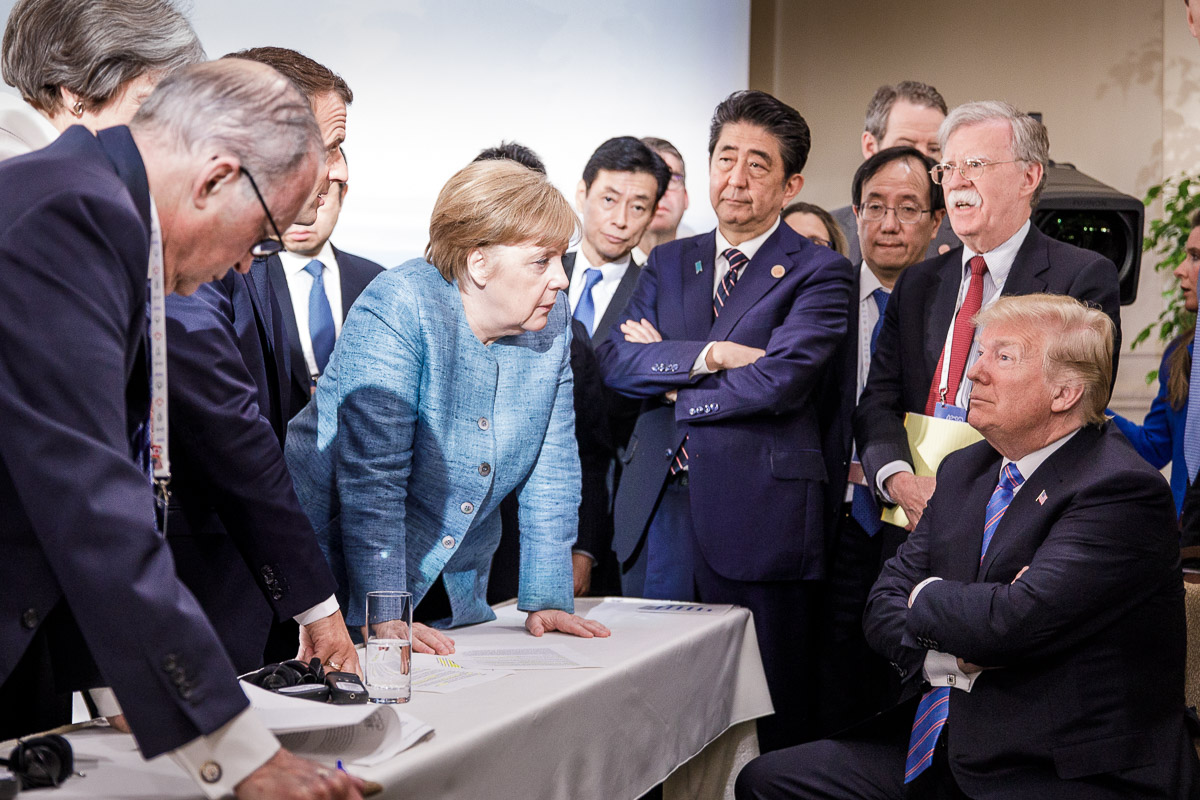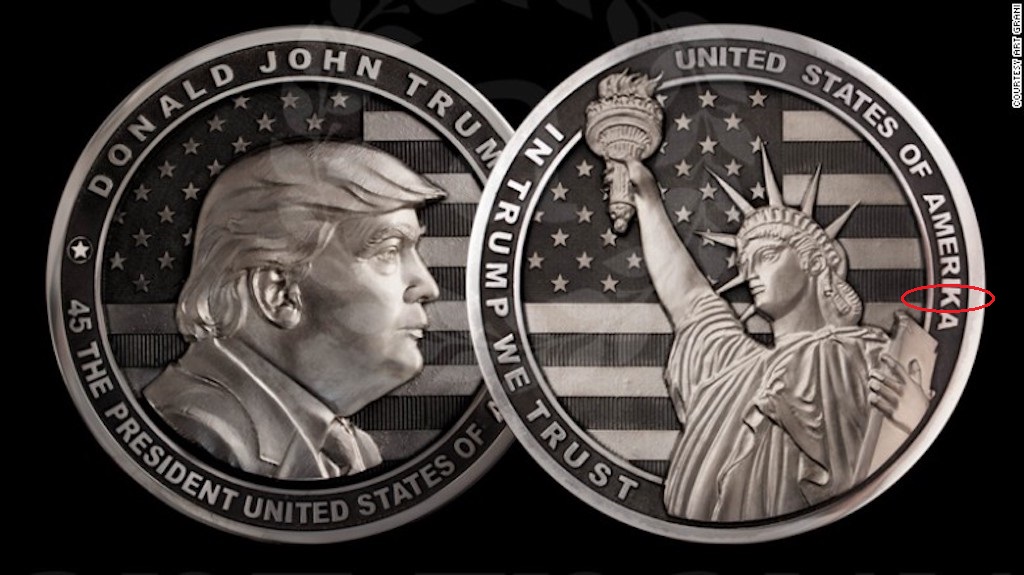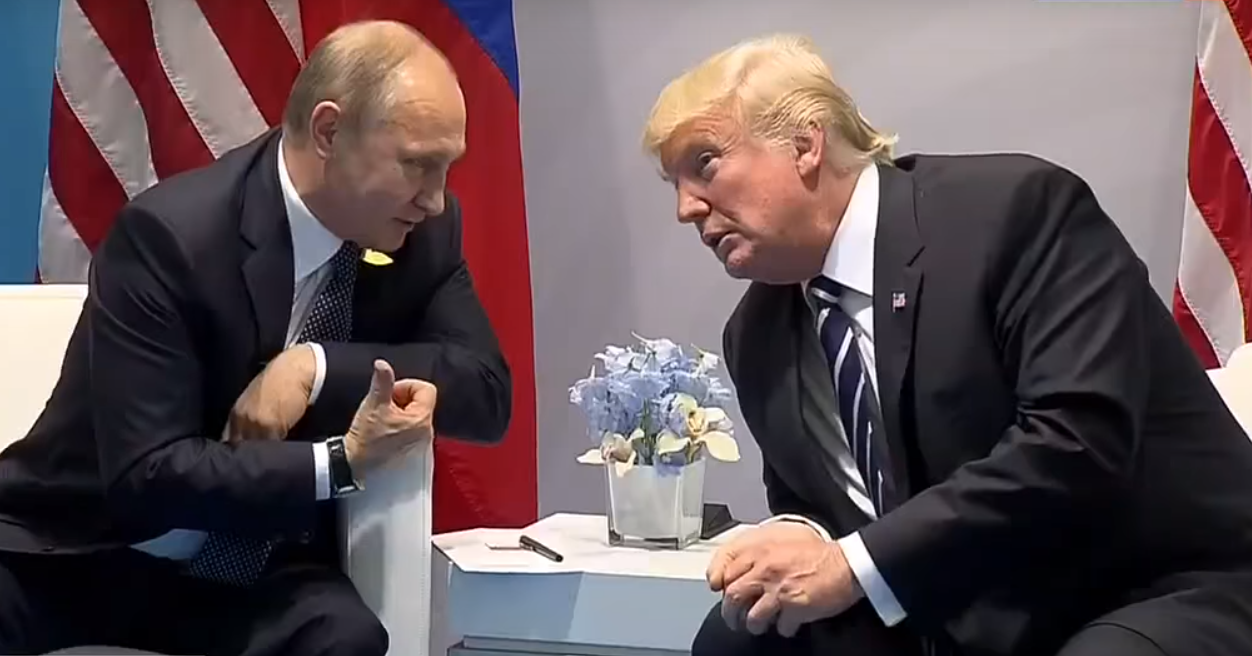President of the United States Donald Trump talks about the advisability of Russia’s participation in what was called the “Big Eight” until its exclusion from the prestigious club, and now has returned to its usual format - the “Big Seven.” French President Emmanuel Macron claims that the return of his Russian counterpart Vladimir Putin to the club is possible only after the normalization of the situation in Ukraine. It is possible that other participants in the G7 summit, soon to be held in French Biarritz, will adhere to the same position. Without their consent, Vladimir Putin's return to the G8 will not take place. And, as for consent, unanimity is needed. Last year, when Donald Trump also spoke about the return of Russia, he was supported only by Italian Prime Minister Giuseppe Conte. Now we know that, at least in London and Berlin, they are not going to agree to expand the format of the Seven. So the conversation between Trump and Macron is, I think, just a conversation between Trump and Macron. No more. But no less.
To understand, you need to know what exactly the leaders of the United States and France mean by normalization. Today, the main topic of world discussions related to the settlement of the situation in Ukraine is the end of the war in the Donbas, the resumption of top-level meetings of leaders of the "Normandy format" countries, and the restoration of the territorial integrity of Ukraine on the mainland. And here - at least for the Western leaders and the new Ukrainian president - there are certain hopes. Even though the conditions that Vladimir Putin continues to set for such settlement would rather characterize these hopes as illusions, in my opinion.
But the following question arises: what would happen with Crimea then? After all, the decision to exclude Russia from the G8 was taken against the backdrop of the annexation of the Ukrainian peninsula. The Big Seven is not just a club that includes leaders of the world's leading economies. It is also an association of democratic leaders. That is why at one time, Russian President Boris Yeltsin received an invitation to join the Seven, while the question of participation of Chinese leaders in the club was never even considered. And this despite the fact that at the time of Yeltsin’s invitation, Russia looked like a real economic dwarf as compared to economies of the other club members, a midget at a meeting of giants. But Western leaders decided to give the Kremlin an advance.
That is why a whole series of questions arise. Is the G7 even ready in the future to come to terms with the fact that one of the countries represented in the club defiantly violates international law? What to do with Crimea and sanctions for Crimea? And if the leaders of the leading countries of the world come to the conclusion that everything is allowed to Vladimir Putin - if only he would participate in discussions along with them - then why should the leaders of China and India be excluded from such discussions? After all, these are indeed the leading economies of the world, upon the development and "health" of which, without exaggeration, the future of all mankind depends. And India, moreover, is the largest world democracy. And with all the imperfections of democracy in India, the country obviously has more of it than Russia.
The leaders of the seven countries will have to answer these questions to a wider group than just each other. In any case, discussions about the return of Russia will be transferred to the political plane, I am sure they will become part of public discussions and election campaigns. That’s why inviting Putin to return is one thing. But returning Putin to the table on equal terms with the leaders of the USA, Canada, Great Britain, Germany, France, Italy and Japan is quite another.
Read More:
- Portnikov: Putin’s return must be resisted
- No stable Ukrainian-Russian peace possible until Putin convicted of war crimes, Shulipa says
- Portnikov: Kremlin wants Ukraine’s capitulation, Putin expects a “concrete result”
- Zelenskyy may yet become a defender of Ukrainian independence, Piontkovsky says
- Portnikov: Putin won’t pity us
- Putin’s plan is to escalate tensions & test Zelenskyy’s resolve, says Dmytro Sniehyrov
- Whenever Zelenskyy talks about peace, Putin launches another attack in the Donbas, military experts say
- Portnikov: Crimea and the “confrontation of superpowers”
- Portnikov: President Zelenskyy should wake up
- Portnikov: A big war and the “streams”
- Portnikov: It’s not about ‘negotiation formats,’ it’s about Russia
- Intermarium countries becoming Ukraine’s main advocates, Portnikov says
- Vitaly Portnikov: the Ukrainian language is Putin’s arch-enemy
- ‘We are not a bridge; we are the West,’ a Ukrainian president needs to follow Latvian one in declaring, Portnikov says





